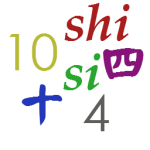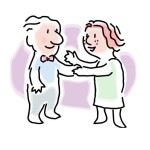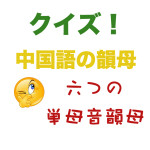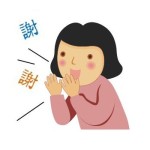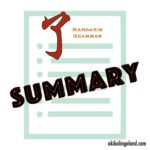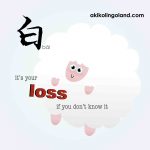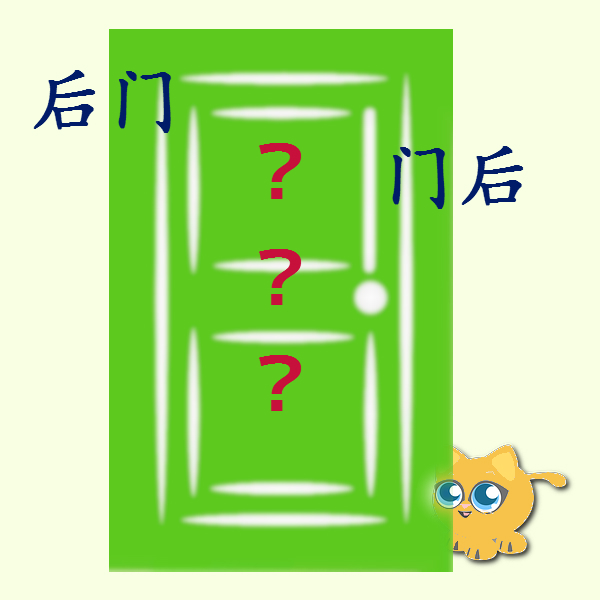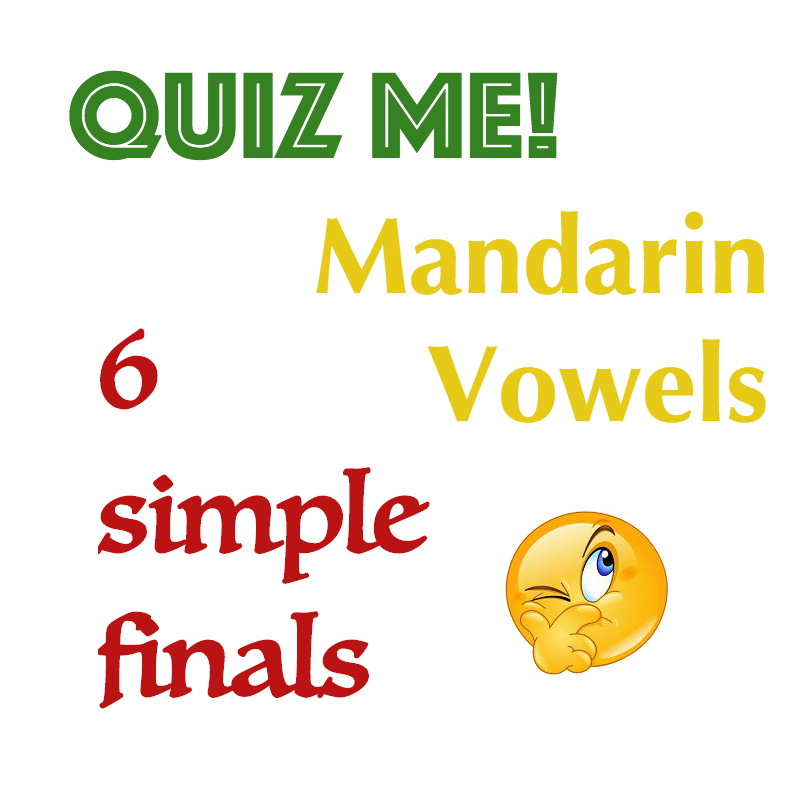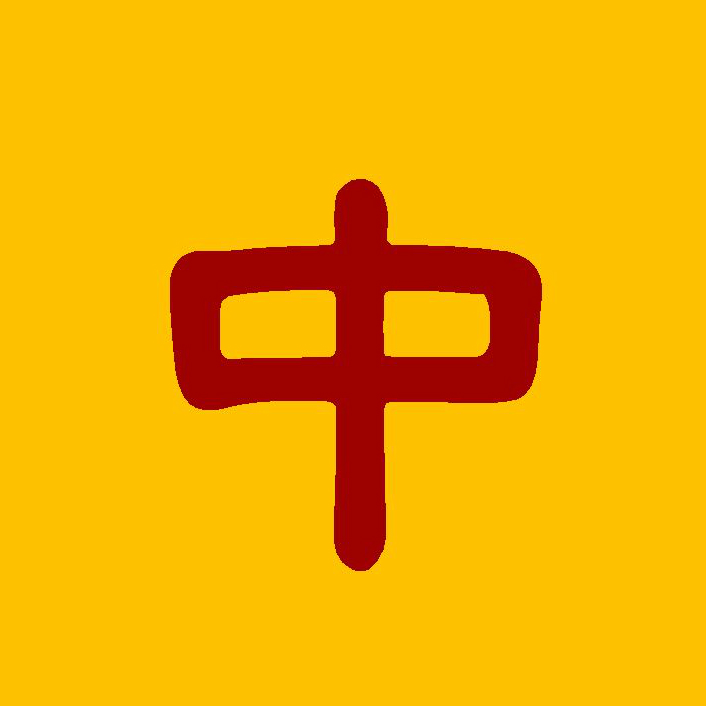Lucky and Unlucky Numbers
Let’s chat about a cultural quirk today – the love-hate relationship between the Chinese people and numbers.
What are the numbers that Chinese people love, and what are those that we loathe? There are of course differences between different regions, but in general, the great unlucky number is 4 (“四”). The reason is purely phonetic – the sound of 4 in Mandarin is sì, and it is closely similar to the sound of “死”sǐ, which means death. The only difference is the tone. So people often avoid rooms or phone numbers with too many 4’s in them.
And what is the luckiest number? Most probably 8 (“八”). In Cantonese, the pronunciation of 8 (bā in Mandarin) is close to“发”(fā) of “发财”(fā cái), which means to get rich, to make a fortune. “发” itself has the basic meanings of ‘to produce’, ‘to generate’, ‘to develop’, ‘to expand’, ‘to prosper’. So phone numbers with several 8’s, especially those that run, are usually so highly popular that they are more expensive than other numbers.
Other than 8, other well sought after numbers are 6, 9, and 10.
6 (“六”liù), is a preferred number for similar reasons as 8. There is an expression“六六大顺”(liù liù dà shùn) which means ‘everything goes smoothly’. In addition, the sound of “六” is close to“禄”(lù), which used to mean salary in the olden days.
Alright, that’s quite a lot of money talk, what a bunch of money faced people we Chinese are huh! Well, luckily 9 and 10 are loved for other reasons.
9 (“九”jiǔ) sounds exactly the same as“久” (jiǔ)*, which means ‘a long time’. So it is hoped that with the blessing of this number, relationships, be they business or love, would be long-lasting. Many couples choose to tie the knot on 9th September (9th day of the 9th month). If you wish to do so, do book your wedding venue way in advance! And, be prepared to fork out a fortune for the auspicious date.
As for 10 (“十”shí), it is considered a perfect number because it implies“十全十美” (shí quán shí měi), meaning ‘to be perfect in every aspect’. But on the other hand, this number is considered by some to be unfavourable. There is a saying that goes“水满则溢,月盈则亏”(shuǐ mǎn zé yì, yuè yíng zé kuī), which means ‘water overflows the moment the container is over-filled, the moon begins to wane the moment it becomes full’. (Finally, some philosophical reasoning other than just rhymes and dollars and cents!)
We also tend to look at numbers as a set. For example, 168 is considered a lucky number because it rhymes with“一路发”(yí lù fā), meaning ‘to prosper all the way’.
Another thing to note about numbers in Chinese culture is that, we generally prefer even numbers to odd numbers. There is a believe that good things come in pairs, which is embedded in the expression“好事成双”(hǎo shì chéng shuāng). Hence, red packets, called“红包”(hóng bāo – monetary gifts wrapped in red envelopes given during festive seasons and weddings), mostly contain amounts of even numbers. This is especially true for weddings, an event that unifies 2 people, so odd numbers are considered inauspicious. By the way, red packets are commonly known as ‘ang pao’ in Singapore, as this is the way the term is pronounced in the predominant dialects here – Hokkein and Teochew.
Actually, the penchant for even numbers is evident not only when Chinese give red packets. It seems that often, for many of us when we buy things, naturally we opt to buy in even numbers if given a choice.
What are the lucky and unlucky numbers in your culture? Do share in the comments!
Until next time!
If you’ve enjoyed this, don’t forget to hit one of the sharing buttons below, and do join me on Google+/ Facebook/ Youtube/ Twitter/ Pinterest !
